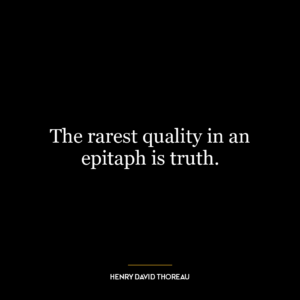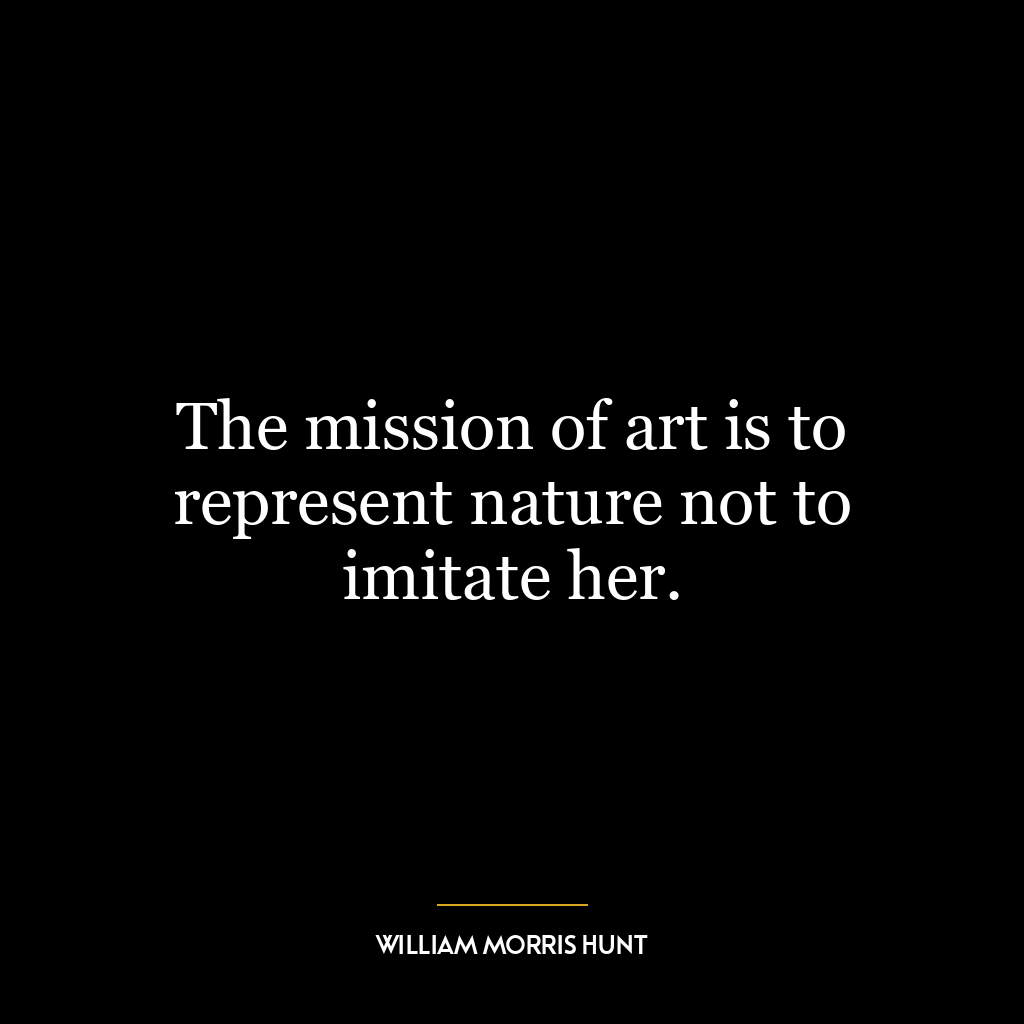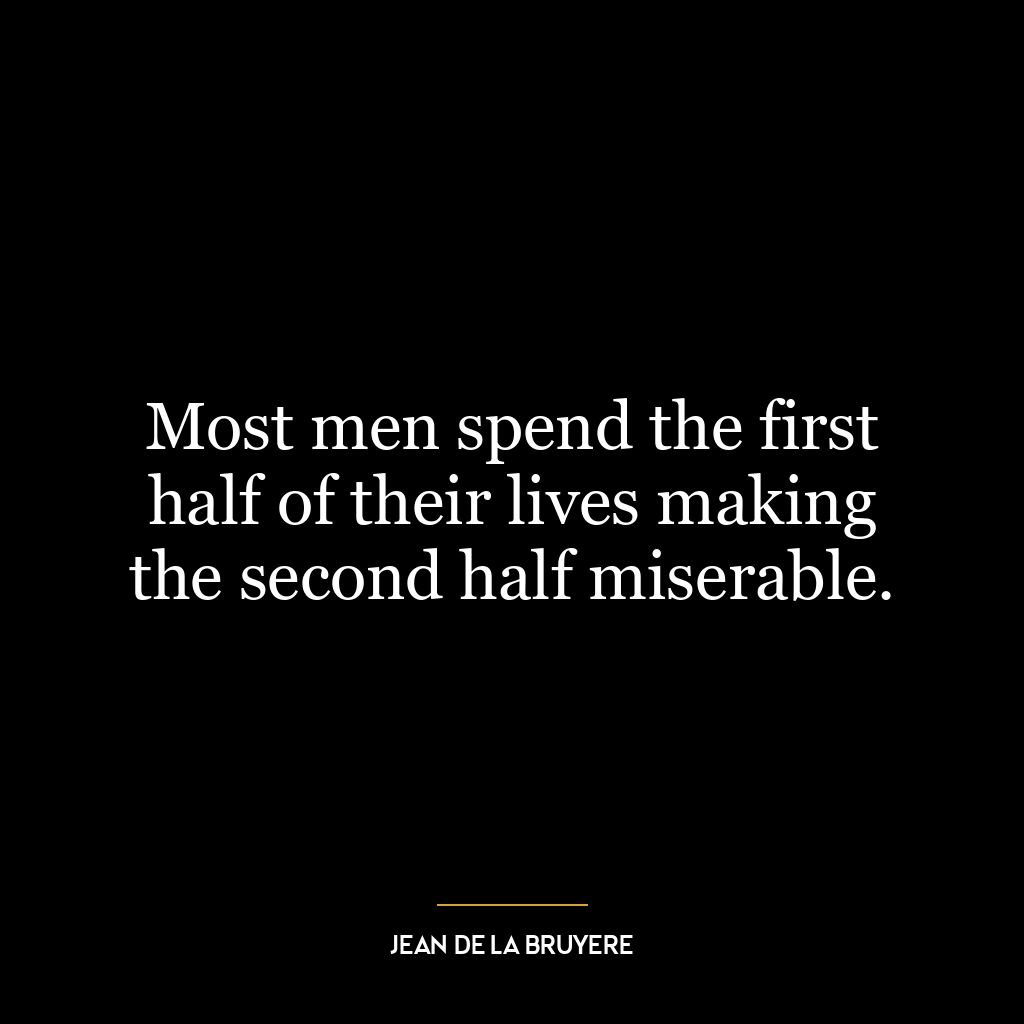Nature abhors a vacuum, and if I can only walk with sufficient carelessness I am sure to be filled.
This quote is a metaphorical statement that uses the principle of nature abhorring a vacuum to describe a human condition. In the physical world, a vacuum is a space completely devoid of matter, and nature tends to fill these spaces. Thoreau uses this principle as a metaphor for personal growth and development.
The "vacuum" here represents an empty or unfulfilled part of one’s life or personality. This could be a lack of knowledge, a skill we haven’t yet developed, or a personal trait we haven’t yet cultivated. Thoreau suggests that just as nature strives to fill a vacuum, we too are naturally inclined to seek fulfillment and growth.
The second part of the quote advises walking with "sufficient carelessness". This isn’t advocating for reckless behavior, but rather an openness and willingness to experience new things. It’s about not being overly cautious or rigid in our ways, but allowing life to fill us with new experiences, knowledge, and growth.
In today’s world, this idea is highly relevant. In the age of information and rapid technological advancements, there’s always something new to learn and ways to grow. The "vacuum" can be filled with new skills, knowledge, and experiences if we’re open and adaptable.
In terms of personal development, this quote encourages us to embrace a growth mindset. We should not fear the ‘vacuums’ or gaps in our knowledge or abilities, but see them as opportunities for growth. By being open-minded and receptive, we allow life to fill these gaps, leading to personal development and self-improvement. This idea can be applied in our personal and professional lives, in learning new skills, cultivating emotional intelligence, or pursuing new experiences and adventures.












